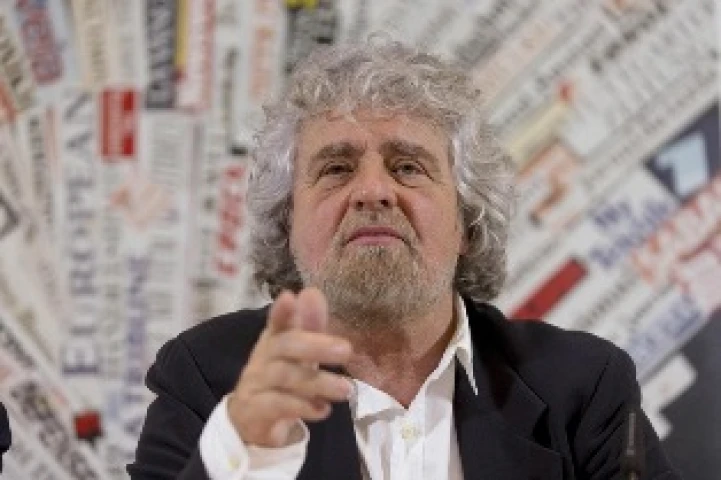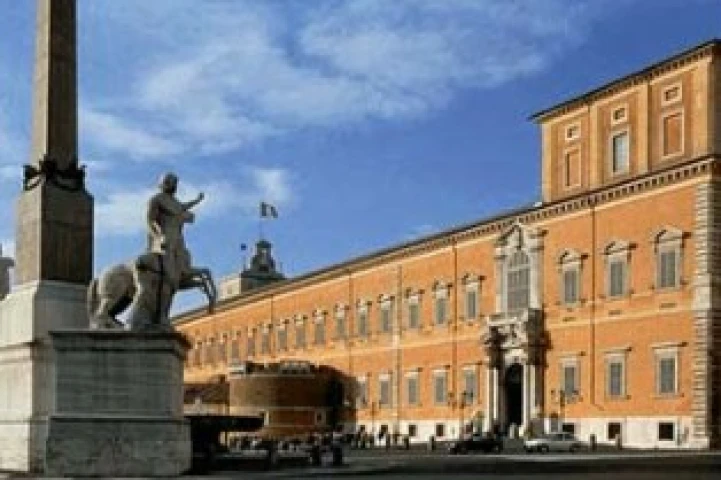WTI Magazine #16 2014 Feb, 07
Author : Francesca Papasergi Translation by:
Last week, the Five Star Movement announced its request of impeachment against Mr. Napolitano.
In Italy, it is not called impeachment. The messa in stato d'accusa is a very complicated process, regulated by the Constitution. In the exercise of his powers, the President of Republic can be prosecuted only for high treason and attack on the Constitution. This second condition implies the attempt to destroy the principles of the Republic that are built in the fundamental Italian bill. These situations must be verified by the Parliamentary Committee for Accusation Procedures. The committee has five months to investigate about the accusations and then, if the President is found guilty, the Parliament votes for his removal or for his stay in office.
Allegedly, the 5SM representatives's request has no point. Their accusations are about presidential acts that are part of Italian current affairs. In addition, the President's powers are very limited. He's the commander-in-chief of armed forces, he can dissolve the Parliament (in agreement with the Senate's and the House of Representatives' speakers), he can appoint the senatori a vita¹, but the rest of his prerogatives don't give him the complete authority to stop the Parliament's decisions². The 5SM also argues that he shouldn't have accepted the second mandate, but the Constitution is not explicit about this. The President's office lasts seven years, a second mandate is not explicitly forbidden.
Could Mr. Napolitano have acted differently through the years? It is an understatement, but we have to consider that every decision passes through one's experience, temper, political path, which are all different. Will the 5SM succeed? It depends on the Parliamentary Committee for Accusation Procedures, and its decision shouldn't be taken for granted. We will try to be there and tell you what is going on on this side of the Atlantic, but don't worry: in Italy, every day is the right one to complicate a journalist's life. You are going to read much, much more.
__________________________________
¹ The regulation of this institution is pretty controversial. This life-long office is dedicated to ex Presidents of the Republic and to people who contributed to increase the renown of the nation with their work and merits, appointed by the President in charge. Some scholars say the total number of senatori a vita should be five, some others think that every President of the Republic could nominate five Senators.
² The institution of veto sospensivo allows the President not to promulgate a law if he thinks the bill doesn't comply with the Constitution. He sends it back to the Parliament and it must reanalyze it. If the bill is reapproved in the same text, he must promulgate it and, eventually, it will be examined by the Constitutional Court.







